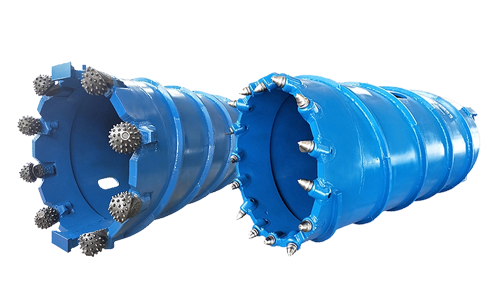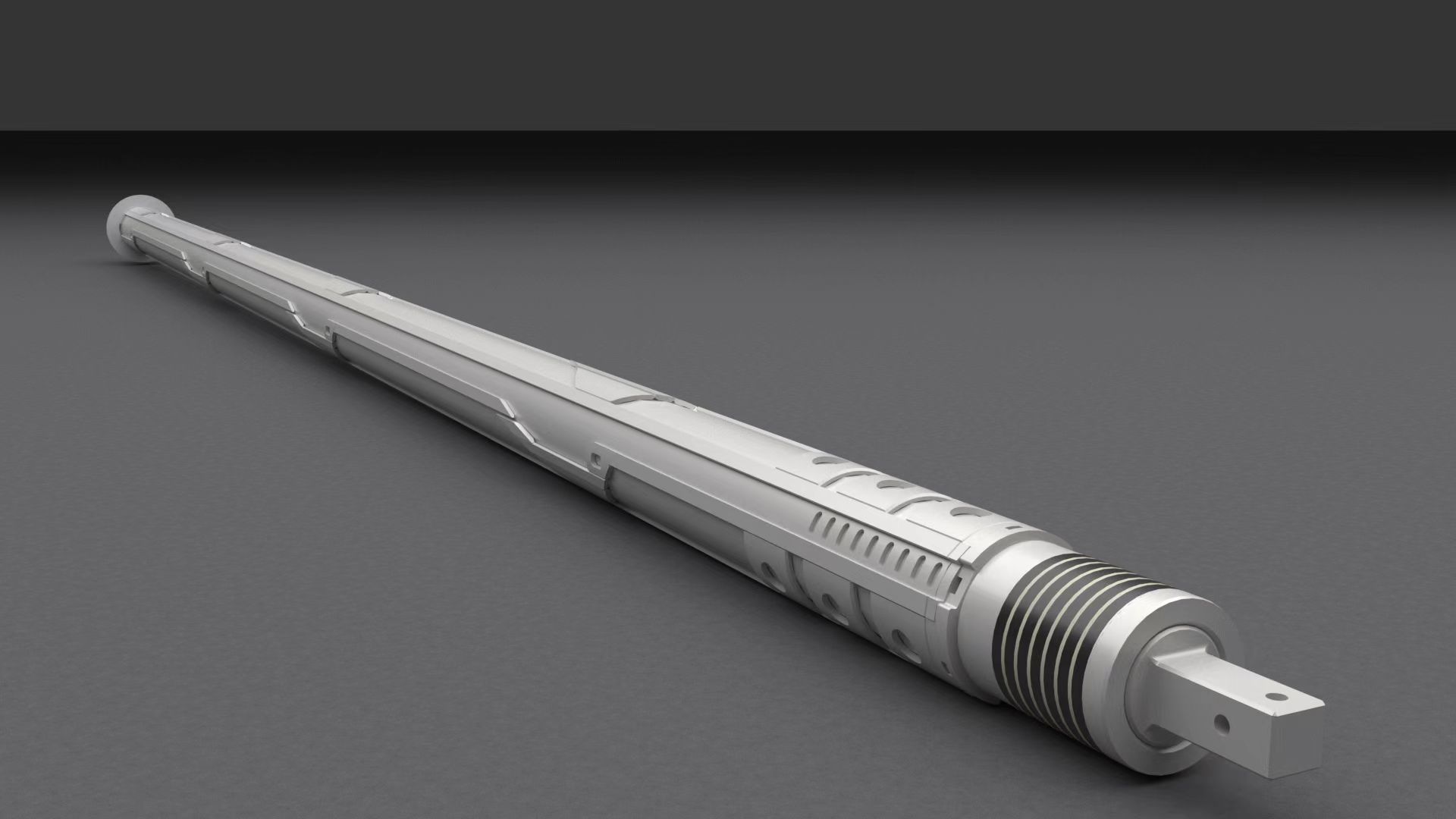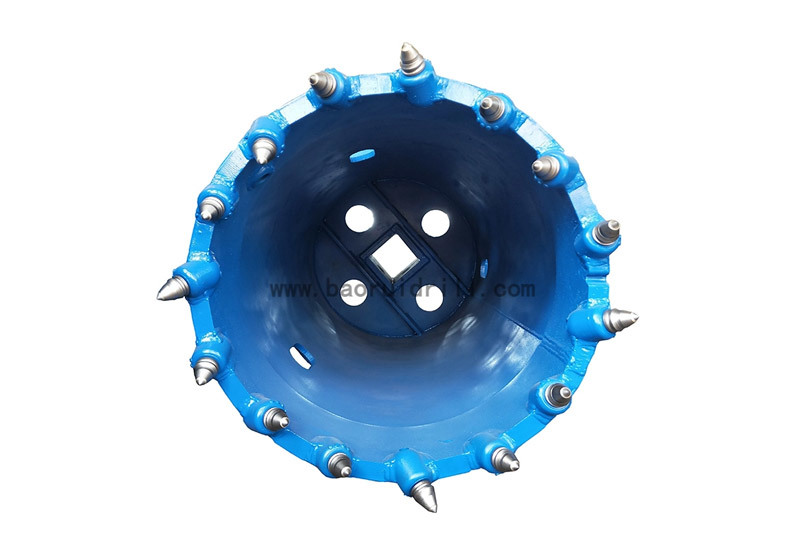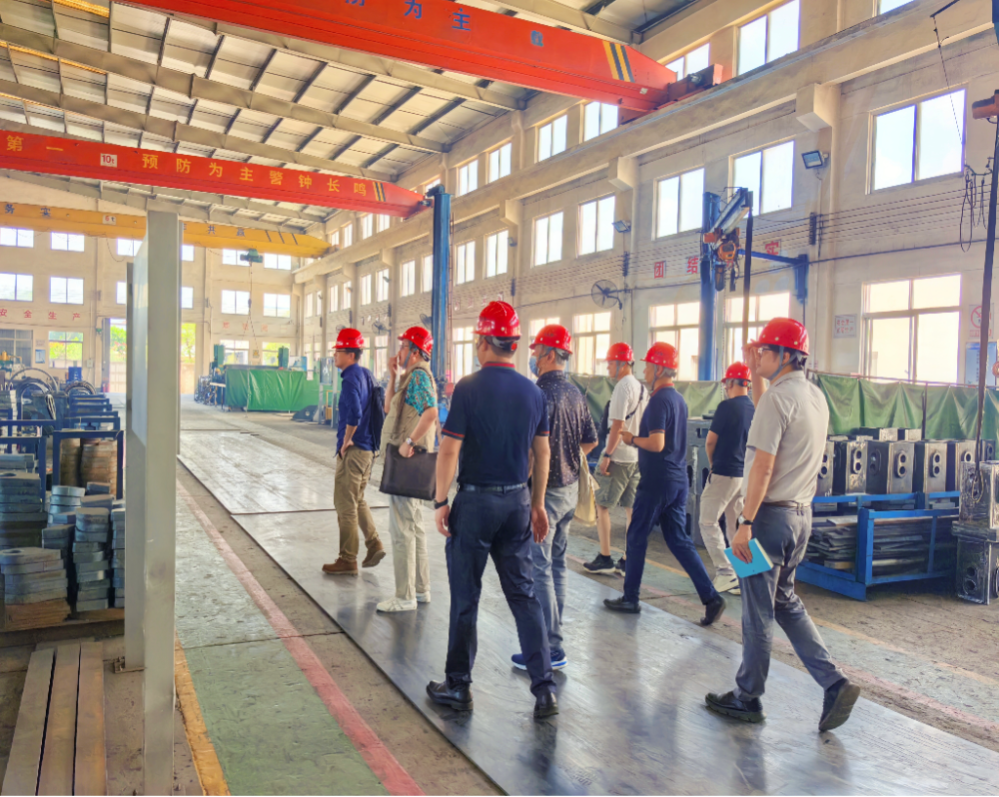What Is A Core Barrel And Its Uses in Piling?
Oct 07,2024
In construction and geotechnical engineering, various tools and equipment are crucial for ensuring the stability and safety of structures. Among these, core barrels play a vital role, especially when it comes to pilling and cutting and extracting cores from hard rock formations. This article will explore what a core barrel is, how it differs from a rock auger, and its applications in piling.
What is a Core Barrel?
A core barrel is a specialized drilling tool used primarily for cutting cylindrical samples of soil, rock, or other subsurface materials. This device is essential in geological and geotechnical investigations, as it allows engineers and geologists to analyze the characteristics of the materials below the surface.The core barrel typically consists of a hollow cylindrical body with a cutting teeth or bit at the bottom. As the core barrel is rotated, it cuts into the ground, capturing a core sample as it goes. This core sample can provide valuable information about the geological history of the area, including stratification, rock types, and mineral content.
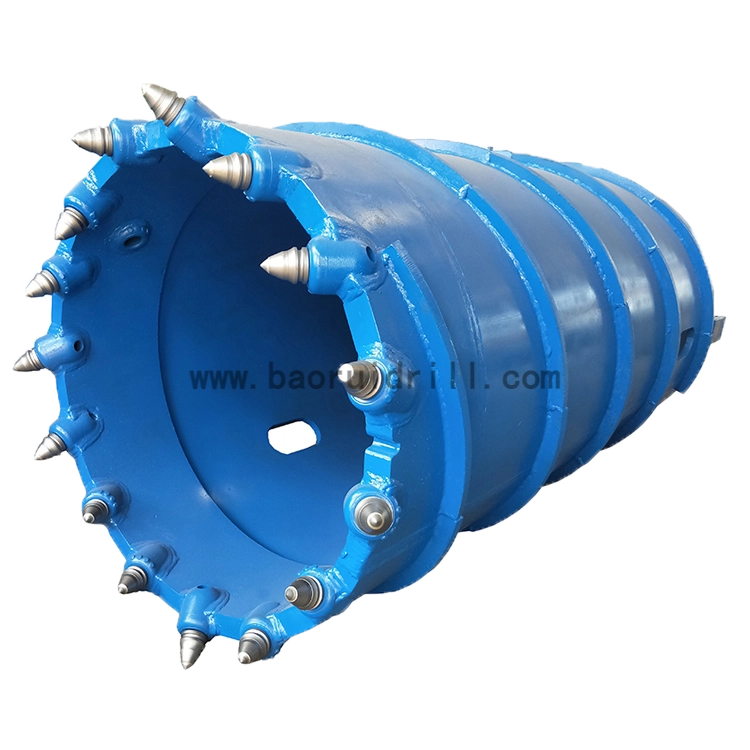
Core barrels are made in various sizes and designs, depending on the specific application and the type of material being drilled. Some core barrels are designed for soft rock conditions, while others are equipped for harder rock formations. Common types of core barrels include:
● Double-Shell Core Barrel: This design usually corresponds to large-diameter pile holes. The lower cylinder body plays a positioning role, and the upper cylinder body expands the actual pile hole diameter to ensure the verticality of the entire pile hole from bottom to top.
● Single -Shell Core Barrel: This type equipped with carbide alloy teeth or roller bits, making it suitable for cutting through hard rock.
What is the Difference Between a Rock Auger and a Core Barrel?
While both rock augers and core barrels are essential tools for pilling and sampling subsurface materials, they serve different purposes and have distinct designs.
Purpose
● Rock Auger: A rock auger is primarily designed for drilling through ordinary soft rock formation. It operates on a helical design, using a rotating motion to remove material as it bores into the ground. Rock augers are commonly used for general excavation, soil sampling, and foundation drilling.
● Core Barrel: In contrast, a core barrel is specifically designed for extracting core samples from the rock. Its primary goal is to obtain a continuous cylindrical sample that preserves the geological structure, allowing for detailed analysis of the material.
Design
● Cutting Mechanism: Rock augers typically have a single cutting edge that digs into the material, while core barrels have specialized cutting bits designed to create a cylindrical sample. The design of the core barrel ensures that the sample remains intact and undisturbed during extraction.
● Sample Recovery: Rock augers often leave behind loose debris as they drill, whereas core barrels aim to retrieve a solid core, which can be crucial for geotechnical studies and analyses.
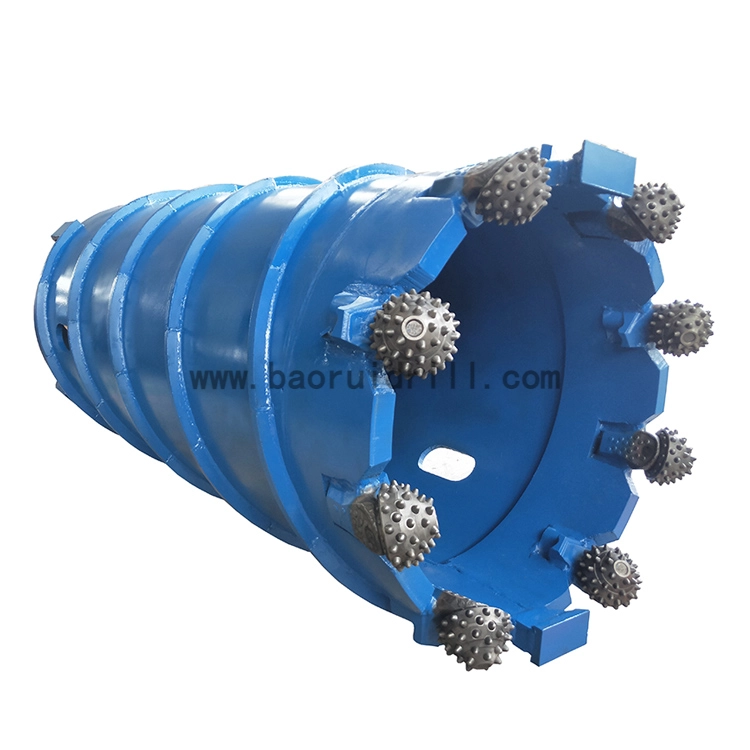
Application
● Rock Augers: These are used for various applications, including drilling holes for foundations, utility poles, and general excavation work. Their design allows for efficient removal of rock material.
● Core Barrels: These are utilized mainly in geological exploration, mineral exploration, and Deep foundation 、 large diameter piling. They provide critical information about the subsurface conditions that can affect construction and land use decisions.
What is the Use of Core Barrel in Piling?
In piling applications, core barrels play a significant role in ensuring the stability and safety of deep foundations. Piling is a common technique used to transfer loads from structures to deeper, more stable soil or rock layers. Here are some ways in which core barrels are utilized in piling:
Soil and Rock Characterization
Before piling, it is crucial to understand the properties of the subsurface materials. Core barrels are used to obtain samples from various depths, allowing engineers to analyze soil composition, strength, and layering. This information helps determine the appropriate type and length of piles needed for a specific project.
Assessing Bearing Capacity
The bearing capacity of soil or rock is a critical factor in pile design. Core samples extracted with a core barrel can be tested in the laboratory to determine their compressive strength, shear strength, and other engineering properties. This data is essential for calculating how much load the piles can safely support.
Identifying Potential Hazards
Core barrels can help identify potential hazards such as voids, fractures, or unstable soil layers that may affect the integrity of the piling system. Early detection of these issues allows engineers to design appropriate mitigation measures or adjust the piling strategy to ensure safety and stability.
Environmental Assessments
In addition to structural considerations, core samples can also provide valuable information for environmental assessments. Core barrels can help identify contamination levels or hazardous materials present in the subsurface, allowing for proper remediation strategies to be implemented before construction begins.
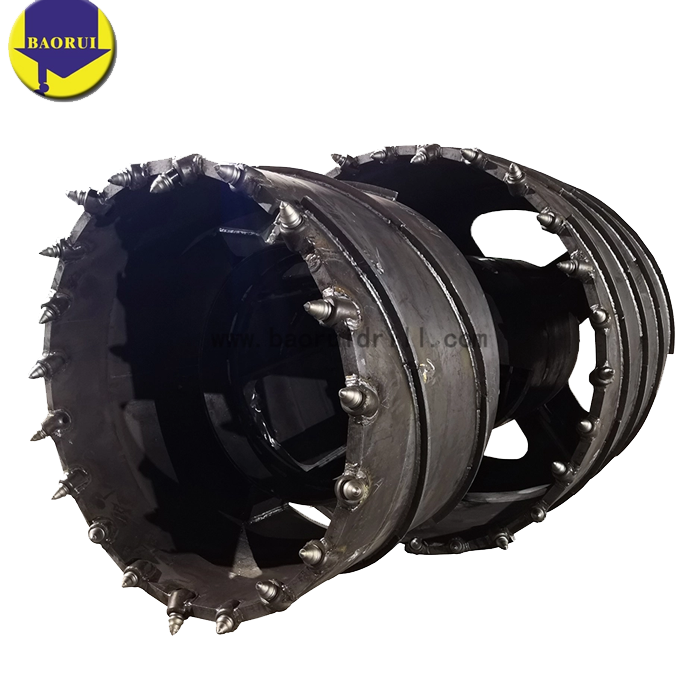
Conclusion
Core barrels,play a pivotal role in geotechnical engineering and construction projects. They enable engineers to gather critical data about subsurface materials, assess bearing capacities, and ensure the safety and stability of piling systems. Understanding the differences between core barrels and rock augers is essential for selecting the right tool for a specific application.
As construction and engineering projects continue to evolve, the demand for reliable and effective pilling tools remains high. Core barrels are integral to this landscape, providing the essential data and samples needed to make informed decisions.
For high-quality core barrels and other piling tools, consider Baorui. With a commitment to excellence and customer satisfaction, Baorui offers a range of solutions tailored to your needs. For inquiries, contact Baorui at mandyleung@jmbaorui.com or call +86-0750-3595826


